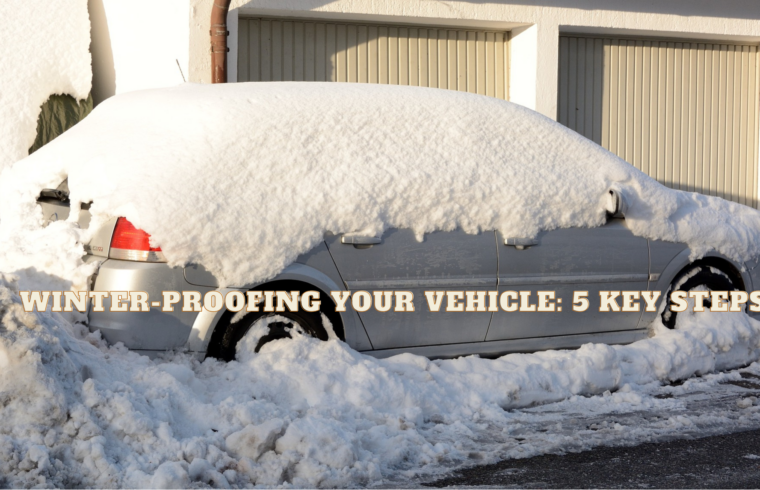We’re moving into the cooler seasons. Especially residents know that winter can come in a heartbeat. Is your car ready for it?
If not, now may be the time to start planning. To help you in that process, here are 5 tips you can follow to ensure you and your vehicle remain safe while preparing your car for winter.
Secure Tire Tread Checkup
A secure tire tread checkup is essential to prepare your car for winter. Adequate tire tread provides better traction on icy and snowy roads, enhancing safety and preventing accidents. It allows your vehicle to handle winter conditions effectively, reducing the risk of skidding and ensuring a safer and more reliable winter driving experience.
Antifreeze Assessment Tips
Antifreeze assessment is crucial for winter car preparation. It ensures your engine is protected from freezing in low temperatures, preventing damage. Adequate antifreeze levels maintain your vehicle’s cooling system’s efficiency and prevent overheating. This helps you avoid costly engine repairs, ensuring a reliable and safe winter driving experience.
Check Your Windshield Wipers
Checking your windshield wipers is vital for winter preparation. It ensures they can effectively clear snow and ice, maintaining visibility. Damaged or worn wipers can leave streaks and reduce visibility, increasing the risk of accidents. Regular checks and replacements help guarantee safe and clear driving in winter weather.
Checking Your Vehicle’s Braking Power
Inspecting your vehicle’s braking system is essential for winter readiness. It ensures that brakes are in optimal condition to handle slippery roads. This check helps prevent accidents by maintaining reliable stopping power, a critical safety aspect during icy or snowy conditions. Regular brake inspections are vital for safe winter driving.
Fuel Up Before It’s Too Late
Filling your gas tank before it’s too late is crucial for winter preparedness. During cold weather, you might encounter unexpected delays, road closures, or traffic jams. Keeping your tank full ensures you won’t run out of fuel, which is essential for staying warm and safe in case of emergencies or when stranded in wintry conditions.





